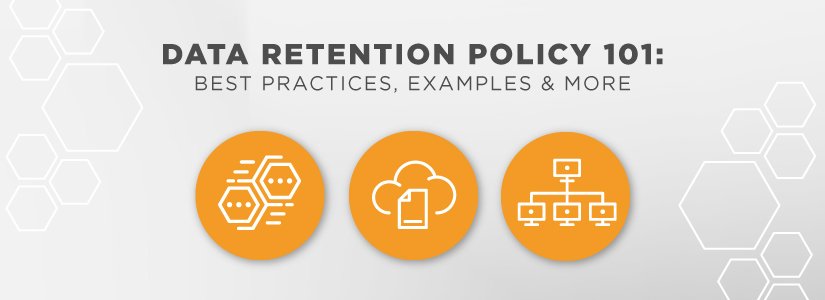The Implications of Data Retention Policies for MIS

Data retention policies have several implications for Management Information Systems (MIS):
Compliance Requirements: Data retention policies ensure that organizations comply with legal and regulatory requirements governing the retention and disposal of data. MIS must adhere to industry-specific regulations such as GDPR, HIPAA, or PCI-DSS, which stipulate specific retention periods for different types of data. Failure to comply with these regulations can result in fines, penalties, or legal consequences for the organization.
Risk Management: Data retention policies help mitigate risks associated with data breaches, privacy violations, and data misuse. By defining retention periods and data disposal procedures, MIS reduce the likelihood of retaining unnecessary or outdated data that could be targeted by attackers or expose the organization to legal liabilities.
Storage Costs: Effective data retention policies optimize storage costs by ensuring that only necessary and relevant data is retained within MIS systems. By periodically purging obsolete or redundant data, MIS reduce storage overhead and minimize infrastructure costs associated with storing and managing large volumes of data.
Operational Efficiency: Data retention policies improve operational efficiency by streamlining data management processes and reducing the complexity of data storage and retrieval within MIS systems. By establishing clear guidelines for data retention, MIS enable users to locate and access relevant information more efficiently, enhancing productivity and reducing administrative overhead.
Data Governance and Information Lifecycle Management: Data retention policies form an integral part of data governance and information lifecycle management within organizations. By defining rules for data retention, archival, and disposal, MIS ensure that data is managed consistently throughout its lifecycle, from creation to disposal, in accordance with organizational policies and regulatory requirements.
Litigation Readiness: Data retention policies help organizations prepare for litigation or legal disputes by ensuring that relevant data is retained for evidentiary purposes. MIS systems can implement legal hold procedures to suspend data deletion for data that may be subject to legal proceedings, ensuring compliance with discovery requests and preserving data integrity during litigation.
Data Privacy and Security: Data retention policies support data privacy and security initiatives by minimizing the exposure of sensitive information and reducing the risk of unauthorized access or data breaches. By retaining data for only as long as necessary and implementing secure data disposal practices, MIS protect sensitive information from unauthorized disclosure or misuse.
Customer Trust and Reputation: Effective data retention policies enhance customer trust and reputation by demonstrating a commitment to data privacy, security, and compliance. Organizations that implement transparent and responsible data retention practices reassure customers that their personal information is handled with care and integrity, fostering trust and loyalty.
Overall, data retention policies play a critical role in governing data management practices within MIS, ensuring compliance with regulations, mitigating risks, optimizing storage costs, enhancing operational efficiency, supporting data governance initiatives, and maintaining customer trust and reputation.
Thank you,